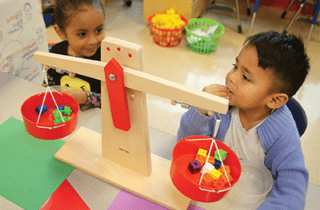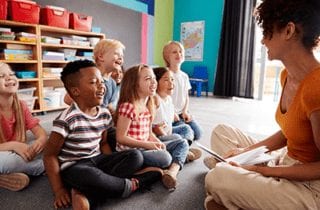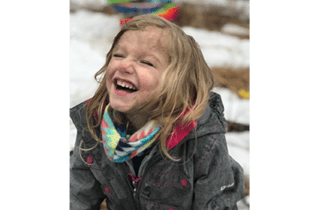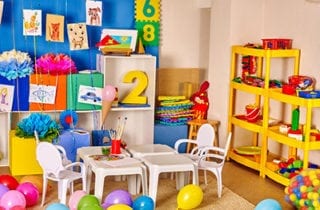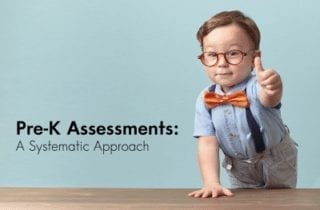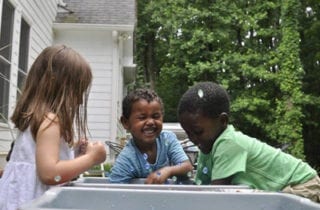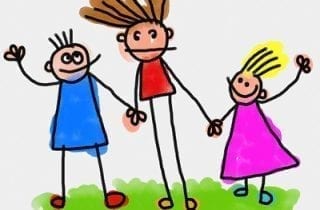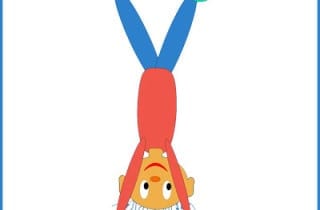Presented by Jody Martin, Professional Learning Content Manager, Frog Street
Moderated by Kelly Philbin, Vice President of Sales, Frog Street
Presented by Steve Spangler, STEM Educator, Steve Spangler, Inc.
Moderated by Stephen Fite, President and Artist, Melody House Inc.
Presented by Tracey Roden, Director of Research and Assessment, Frog Street
Moderated by Stephen Fite, President and Artist, Melody House Inc.
Presented by Tracey Roden, Director of Research and Assessment, Frog Street; and Pam Ofe, National Sales & Content Director, Frog Street
Moderated by Stephen Fite, President and Artist, Melody House Inc.
This edWebinar will particularly focus on the teacher-child interactions that best support children learning with nature rather than simply learning in or about nature.
When an adult (parent, educator, guest) visits a preK classroom, they see all of the wonderful learning opportunities for the children. They see the reading nook in the far back corner, the rug for meeting and circle time near the display board, the shelves full of toys and manipulatives, and the tables and chairs that greet the children as they enter the room. The students see: the chair and table legs, possibly their cubby, and not much else. According to early childhood expert Dr. Sandra Duncan, when creating an inviting classroom environment for young children, educators need to look at it from the kids’ perspective. In her edWebinar “Through a Child’s Eyes: How Classroom Design Inspires Children’s Learning and Wonder,” Dr. Duncan explained how designing the space with a young child’s physical and emotional viewpoint in mind can ease anxiety about and create excitement for learning.
In this edWebinar, understand the purpose of informal assessments in addition to maintaining student portfolios and information gathering.
Child Development Specialist and Author Kathy H. Lee will share how to create an amazing foundation for young children based on the latest in scientific research on brain development.
In this webinar, learn how to step up the progress of early childhood inclusion.
In this webinar, Dr. Steve Sanders discusses how parents and caregivers can create an environment and provide developmentally appropriate motor skill instruction.


